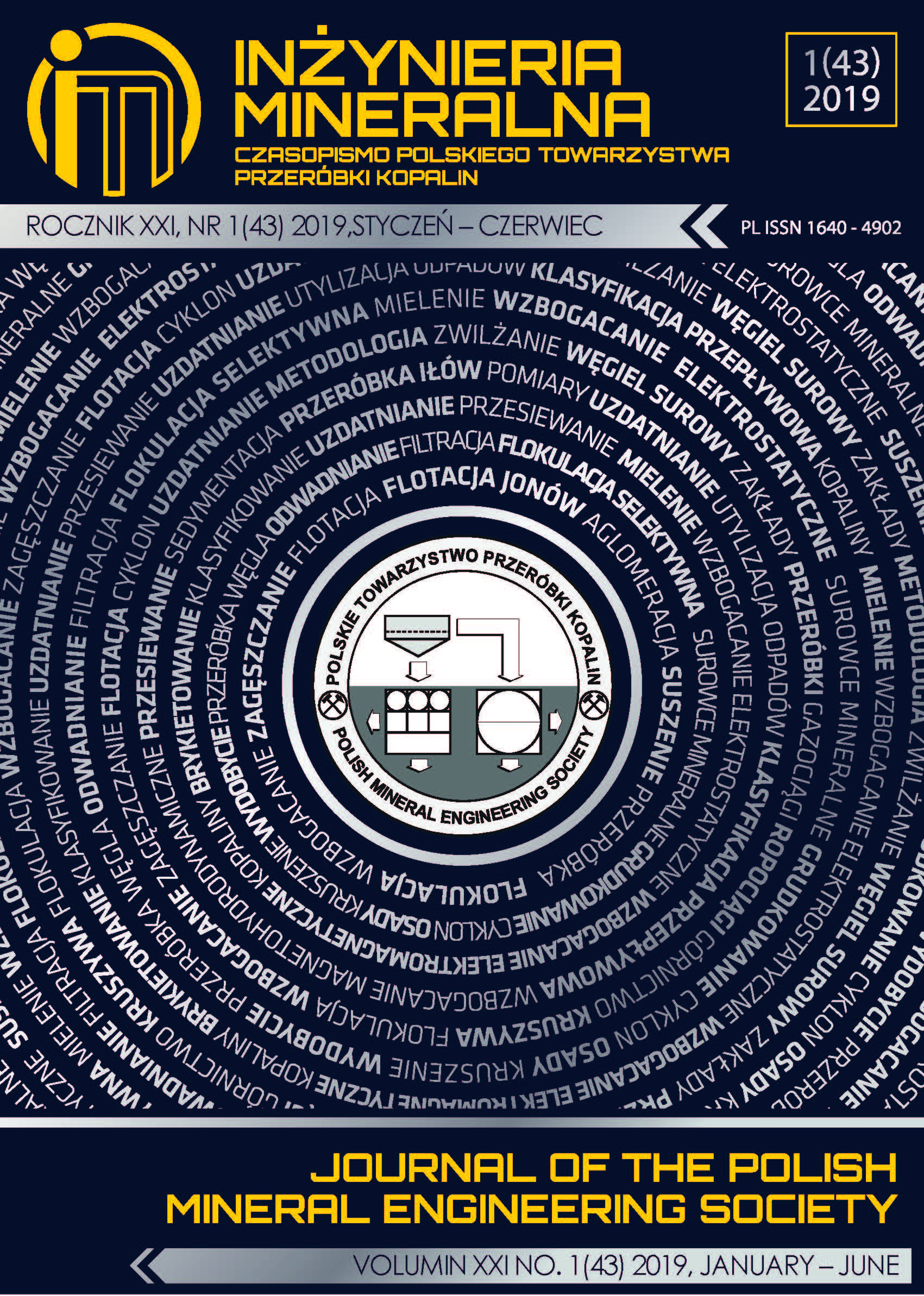Impact of Heavy Metals on Development of Metal Resistance in Soil Microbiota
Abstract
Heavy metal pollution caused by anthropogenic activity is a great concern of the present days. Widespread use of substances containing
metals inevitably lead to their deposition in soil affecting soil microbiota, which plays important role in maintaining soil
functions. The aim of our study was to determine number of heavy metal resistant isolates acquired from the soil from heavy metal
polluted area of dump near Hnúšťa. Soil samples were obtained from two collection sites (48° 36´ 4,47502´´ N, 19° 57´32,654´´ E
and 48° 36´ 4,4634´´ N, 19° 57´ 32,67´´ E) and mixed together. The microorganisms used in this study were routinely cultivated
and screened for resistance to different concentrations of four heavy metals – Zn (2–500 mg/l), Cu, Ni, Pb (all three metals tested
at concentrations from 0,5 to 125 mg/l). Very high resistance against Cu, Ni and Pb even at the highest tested concentrations was
found at majority of tested bacterial strains. Almost all 89 from 89 isolates show resistance against these metals at tested concentrations.
Only in case of Zn we determined the MIC (minimal inhibitory concentration) – 125 mg/l. The results point out very high
resistance pattern in soil bacteria.
This journal permits and encourages authors to post items submitted to the journal on personal websites or institutional repositories both prior to and after publication, while providing bibliographic details that credit, if applicable, its publication in this journal.







.png)
